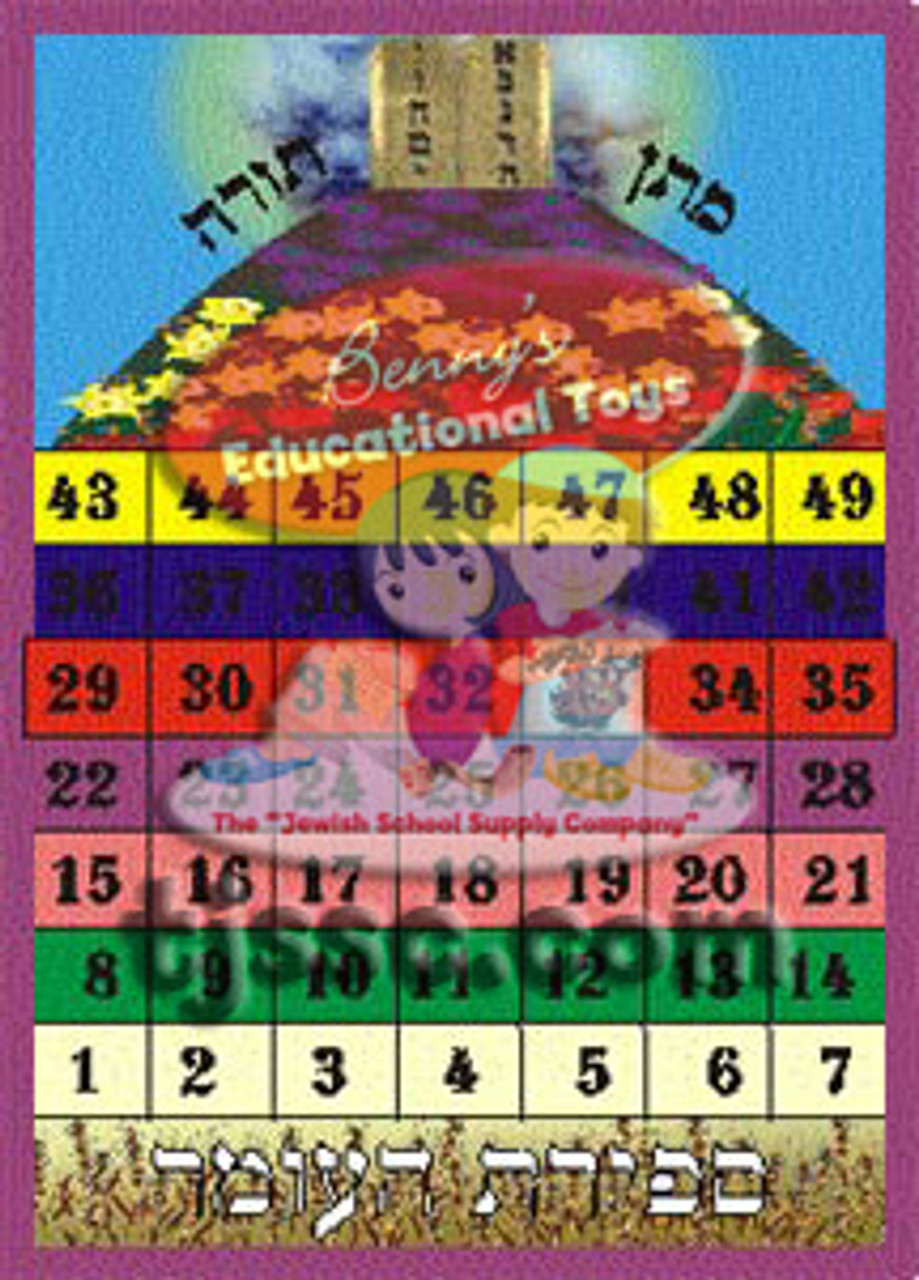
Hod of Netzach is the humble recognition and acknowledgement that the capacity to endure and prevail comes from the soul that G-d gave each person. Do I know when to yield, out of strength not fear? Why am I often afraid to yield?Įndurance is fueled by inner strength. The reed, which yields to the wind, survives without a problem. The oak, lacking the ability to bend in the hurricane, is uprooted. Standing fast can sometimes be a formula for destruction. Yielding – which is a result of humility – is an essential element of enduring. Ask yourself: Is my behavior erratic? Am I inconsistent and unreliable? Since I have will and determination, why am I so mercurial? Am I afraid of accessing my endurance and committing? Do I fear being trapped by my commitment? If yes, why? Is it a reaction to some past trauma? Instead of cultivating endurance in healthy areas, have I developed a capacity for endurance of unhealthy experiences? Do I endure more pain than pleasure? Do I underestimate my capacity to endure?Įxercise for the day: Commit yourself to developing a new good habit.ĭay 26 – Hod of Netzach: Humility in Endurance We have the capacity to endure much more than we can imagine, and to prevail under the most trying of circumstances. Does my determination compromise my compassion for others? Am I able to rise above my ego and empathize with my competitors? Am I gracious in victory?Įxercise for the day: Be patient and listen to someone who usually makes you impatient.ĭay 25 – Netzach of Netzach: Endurance in EnduranceĮveryone has willpower and determination. Endurance needs to be not just loving to those who deserve love, but also compassionate to the less fortunate. Endurance without compassion is misguided and selfish. The compassion of endurance reflects a most beautiful quality of endurance: an enduring commitment to help another grow. Healthy endurance, directed to develop good qualities and modifying bad ones, will always be compassionate. Is my endurance and determination focused to help cultivate good habits and break bad ones? Or is it the other way around? Does my endurance come from strength or weakness? Does it come out of deep conviction or out of defensiveness? Do I use my endurance against itself by being tenacious in my lack of determination?Įxercise for the day: Break one bad habit today.ĭay 24 – Tiferet of Netzach: Compassion in Endurance Endurance must be directed toward productive goals and expressed in a constructive manner. Does my endurance cause me to be, or seem to be, inflexible? Does my drive and determination cause me to be controlling? Am I too demanding? Do others (my employees, friends, children) cooperate with me out of the sheer force of my will and drive, or out of love?Įxercise for the day: When fighting for something you believe in, pause a moment to ensure that it is accomplished in a loving manner.ĭay 23 – Gevurah of Netzach: Discipline in EnduranceĮxamine the discipline of your endurance. Do I love my work? My family? My choices?įor endurance to be effective it needs to be caring and loving. If you have difficulty making commitments, examine how much you love and enjoy the object that requires your commitment. A neutral or indifferent attitude will reflect in a marginal commitment.

This, of course, requires that endurance be closely examined to ensure that it is used in a healthy and productive manner.ĭay 22 – Chesed of Netzach: Lovingkindness in Enduranceįor anything to endure it needs to be loved. It is the readiness to fight for what you believe, to go all the way. Endurance means to be alive, to be driven by what counts. Without endurance, any good endeavor or intention has no chance of success. Endurance is also being reliable and accountable, which establishes security and commitment. It is a balance of patience, persistence and guts.

Netzach means endurance, fortitude and ambition and is a combination of determination and tenacity. During the fourth week of counting the Omer, we examine and refine the emotional attribute of endurance known as Netzach.


 0 kommentar(er)
0 kommentar(er)
